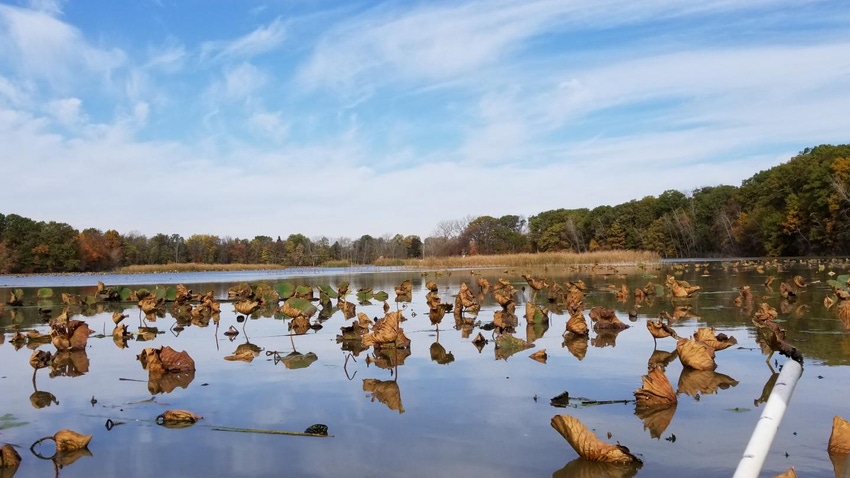Ohio farmer sues over Lake Erie Bill of Rights
LEBOR gives any Toledo resident authority over 5 million Ohioans and thousands of farms.

In a special election Feb. 26, the city of Toledo, Ohio, approved the Lake Erie Bill of Rights (LEBOR), which grants rights to Lake Erie and empowers any Toledo citizen to file lawsuits on behalf of the lake. The next day, Wood County, Ohio, farmer Mark Drewes filed a lawsuit challenging the constitutionality and legal status of the Lake Erie Bill of Rights in the Federal District Court for Northern Ohio.
The bill states: “Lake Erie and the Lake Erie watershed comprise an ecosystem upon which millions of people and countless species depend for health, drinking water and survival. … Continued abuse consisting of direct dumping of industrial wastes, runoff of noxious substances from large-scale agricultural practices, including factory hog and chicken farms, combined with the effects of global climate change, constitute an immediate emergency.”
LEBOR gives Toledo residents authority over nearly 5 million other residents of Ohio, thousands of farms, more than 400,000 businesses and every level of government in 35 northern Ohio counties plus parts of Michigan, Indiana, Pennsylvania, New York and Canada.
In August 2014, the Western Basin of Lake Erie was devastated by a harmful bloom of cyanobacteria (blue-green algae). Nearly 500,000 Toledo area residents had no clean drinking water for three days due to high levels of Microcystin.
With about 8.9% turnout of eligible voters, the ordinance was approved by just more than 61%. LEBOR was passed despite the prevailing legal opinion that many of its provisions are unconstitutional, according to a news release from the Ohio Farm Bureau Federation (OFBF).
OFBF executive vice president Adam Sharp said the group’s concern remains that passage of the bill of rights means that “Ohio farmers, taxpayers and businesses now face the prospect of costly legal bills fighting over a measure that likely will be found unconstitutional and unenforceable.”
OFBF pledged its support to Drewes, a longtime member of OFBF who is on the board of directors for the Ohio Corn & Wheat Growers Assn.
“Mark’s farm is an example of the right way of doing things” Sharp said. “He’s employing a variety of conservation practices, water monitoring systems, water control structures and uses variable-rate-enabled equipment, and yet he’s vulnerable to frivolous lawsuits. We are proud that our member has stood up against this overreach, and his efforts will benefit all farm bureau members, farmers and protect jobs in Ohio.”
OFBF has historically engaged in precedent-setting court cases that potentially affect its members. OFBF said it will actively assist Drewes and his legal team throughout this litigation to ensure that its members' concerns are heard. OFBF’s legal staff will monitor developments, lend agricultural expertise and provide supporting information about the agriculture industry’s efforts to protect water quality.
Drewes is represented by the law firm Vorys, Sater, Seymour & Pease LLP, which has extensive experience fighting against onerous government action.
Thomas Fusonie, a partner at Vorys and a counsel for Drewes, explained, “The Charter Amendment is an unconstitutional and unlawful assault on the fundamental rights of family farms in the Lake Erie Watershed – like the Drewes’ fifth-generation family farm. The lawsuit seeks to protect the Drewes’ family farm from this unconstitutional assault.”
The suit argues that LEBOR violates federal constitutional rights, including equal protection and freedom of speech, and is unenforceable for its vagueness. A request for preliminary and permanent injunction was also filed, seeking to prevent enforcement of the law.
“Farmers want and are working toward improving water quality, but this new Toledo law hurts those efforts. Mark Drewes understands this, and it’s Farm Bureau’s job to back his important actions on behalf of Ohio farmers,” Sharp said.
About the Author(s)
You May Also Like





